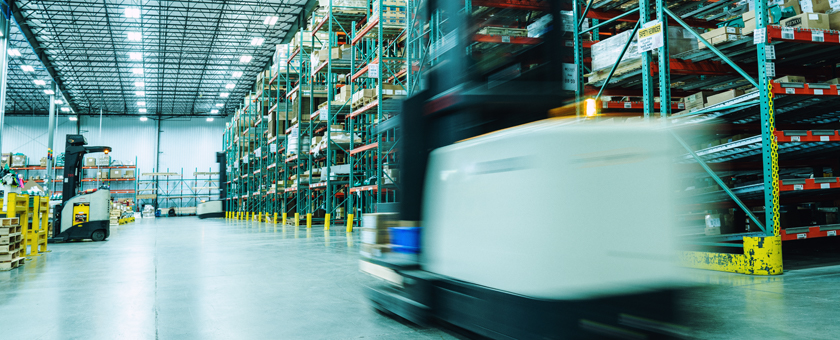Due to their relatively small size and under-the-radar reputation, the importance of fasteners is often overlooked. But, if you’re thinking of fasteners last when designing a product, your whole project may fall apart — literally.
- Fasteners have a wide range of applications.
Fasteners are essential to almost every industry. From healthcare to lawn and garden, it’s hard to think of many industries that don’t rely on nuts, bolts and screws in some form or fashion. However, regardless of the industry you serve, it’s critical to understand the importance of fasteners and why they shouldn’t be left for last.
- Fasteners should function flawlessly.
If it’s not broke, don’t fix it, right? Part of the reason that fasteners aren’t always top of mind is because they are designed for function. The right fastener for the job should function seamlessly and therefore does not call attention to itself. For the end user of a product, the fasteners used should fade into the background because they allow the product to serve its purpose without fail. However, this can only happen when the fasteners are well-thought-out in the design and assembly phases.
- Small fastener malfunctions can cause major trouble.
It’s when a fastener is poorly chosen or malfunctions that it enters the mind of the consumer. Unsightly problems like rust are irritating enough, but serious malfunctions can be a major cause for concern. For example, natural gas valves for a residential water heater are secured by several small screws. If these screws are chosen incorrectly, they could break and result in a disastrous gas leak. You wouldn’t want to be the consumer who has to deal with this malfunction. But, you also don’t want to be the one responsible for designing and manufacturing a faulty product.
Or maybe, while building a new bridge, the fasteners used are not equipped to handle the weight and weathering. These fasteners will not hold up, causing the bridge to become unsafe over time. You wouldn’t want to put drivers in harm’s way, not to mention the logistical inconveniences and economic burden of having to repair or build a new bridge.
- Fasteners need to be chosen carefully.
There are many elements to consider when choosing a fastener. The hardness of the material, the corrosive atmosphere, and the finish are all important considerations. Another that many people may not realize is that fasteners have elasticity, and choosing the right amount of tensile strength is essential to proper functioning. Once you have determined these factors, you can work with a supplier to find the perfect fastener that meets your specifications.
- Your fastener supplier is your friend.
When selecting a fastener, quality is key. Choose a supplier that has fasteners that meet your specifications, and that has standards and test results to prove the quality behind their product. Afterall, in order to produce quality products yourself, you’ll need quality fasteners.
Clearly, the importance of fasteners supersedes their size. This is why we advise you to thoroughly vet out any fastener supplier you consider working with, including us. We invite you to come out and “kick the tires” before making any commitments, so that you can experience the service, engineering and quality we have to offer. We want you to have the piece of mind that your fasteners are the right fit for your project, and with PULSE, they will be there when you need them. We encourage you to consider fasteners earlier in the designing and engineering process and then find a supplier you can trust to deliver.
Interested in learning more about fastener quality and how PULSE can make fastener management easier? Let’s talk!


